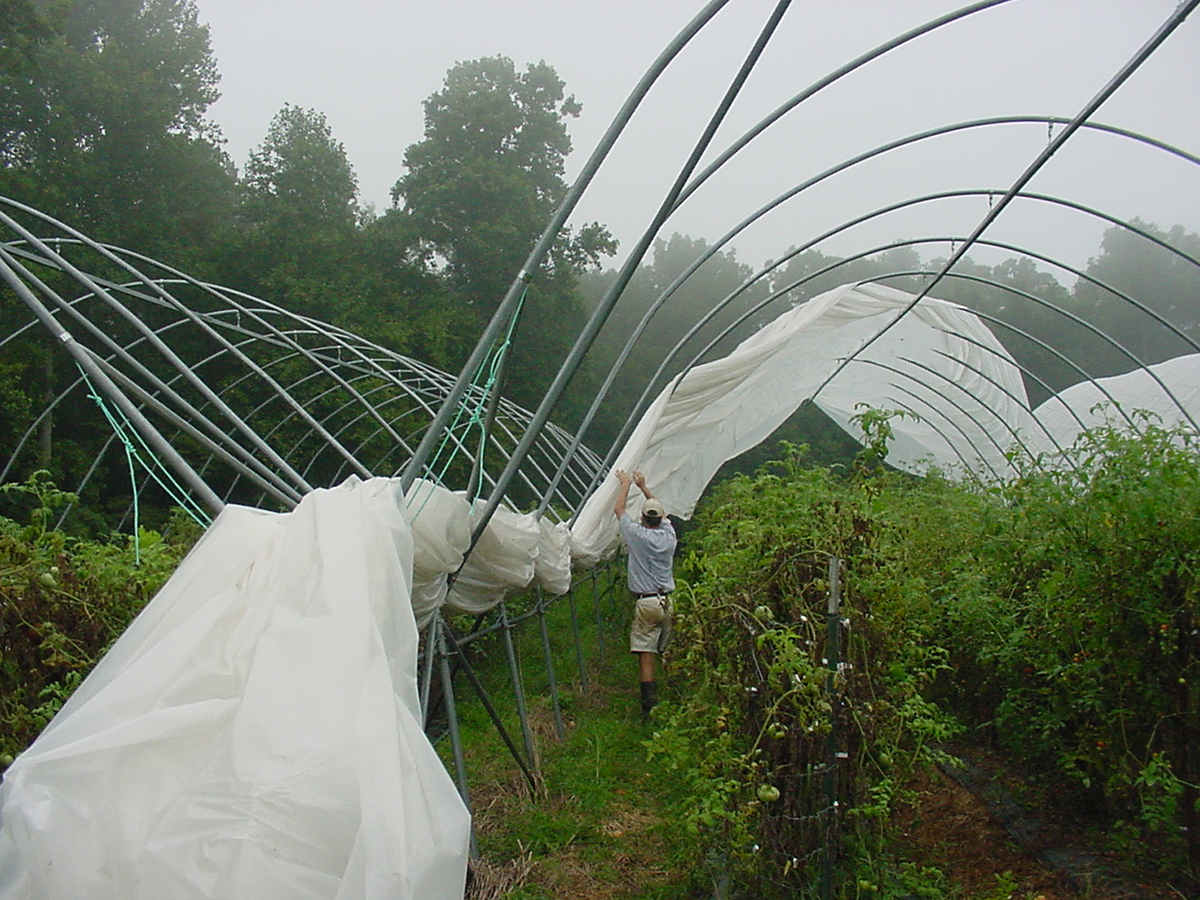Hurricane Preparedness for Horticultural Growers and Beekeepers
go.ncsu.edu/readext?550130
en Español / em Português
El inglés es el idioma de control de esta página. En la medida en que haya algún conflicto entre la traducción al inglés y la traducción, el inglés prevalece.
Al hacer clic en el enlace de traducción se activa un servicio de traducción gratuito para convertir la página al español. Al igual que con cualquier traducción por Internet, la conversión no es sensible al contexto y puede que no traduzca el texto en su significado original. NC State Extension no garantiza la exactitud del texto traducido. Por favor, tenga en cuenta que algunas aplicaciones y/o servicios pueden no funcionar como se espera cuando se traducen.
Português
Inglês é o idioma de controle desta página. Na medida que haja algum conflito entre o texto original em Inglês e a tradução, o Inglês prevalece.
Ao clicar no link de tradução, um serviço gratuito de tradução será ativado para converter a página para o Português. Como em qualquer tradução pela internet, a conversão não é sensivel ao contexto e pode não ocorrer a tradução para o significado orginal. O serviço de Extensão da Carolina do Norte (NC State Extension) não garante a exatidão do texto traduzido. Por favor, observe que algumas funções ou serviços podem não funcionar como esperado após a tradução.
English
English is the controlling language of this page. To the extent there is any conflict between the English text and the translation, English controls.
Clicking on the translation link activates a free translation service to convert the page to Spanish. As with any Internet translation, the conversion is not context-sensitive and may not translate the text to its original meaning. NC State Extension does not guarantee the accuracy of the translated text. Please note that some applications and/or services may not function as expected when translated.
Collapse ▲
Peregrine Farm’s Alex Hitt removes the plastic from a Haygrove tunnel before Hurricane Charley in 2004. Photo by Debbie Roos.
Hurricane Florence is dominating news coverage this week and for good reason: it is predicted to be the strongest hurricane ever to make landfall north of South Carolina. Folks in North Carolina are busy with hurricane prep: stocking up on water, groceries, batteries, filling up on gas, etc.
Farmers are also busy doing their best to prepare for the impending hurricane. I remembered today that I had written an article on hurricane preparedness for growers about 10 years ago. It still seemed relevant so I am sharing it again today. I am also including an article for beekeepers written by our NC State Extension Apiculture Specialist Dr. David Tarpy.
- Hurricane Preparedness for Producers of Horticultural Crops
- Protective Measures of Beehives During Hurricanes – North Carolina Cooperative Extension
Also, beekeepers and specialty crop and organic growers should consider registering their beehives and fields with DriftWatch. If the hurricane causes intense rainfall and flooding, then the Commissioner of Agriculture could declare a State of Emergency. That means the state could authorize exemptions from certain restrictions of aerial pesticide applications to control mosquitoes. Registering your hives and crop fields can help protect them from these pesticide applications. Click here to learn more about this program.
The N.C. Department of Agriculture and Consumer Services has activated its hotline to connect farmers with resources that can assist with agricultural emergencies. The toll-free number is 1-866-645-9403. The hotline operates from 7 a.m. to 7 p.m.
Additional Resources:
N.C. Disaster Information Center – N.C. Cooperative Extension
Hurricane Florence: Prepare the Farm and Stay Safe – RAFI
Disaster Information for Farms and Agribusinesses – NCDA&CS
Purchasing a Back-up Generator for the Farm – N.C. Cooperative Extension
North Carolina Farm Emergency Plan Template – NCDA&CS
Trees and Hurricanes – University of Florida
Good luck everyone and stay safe!


